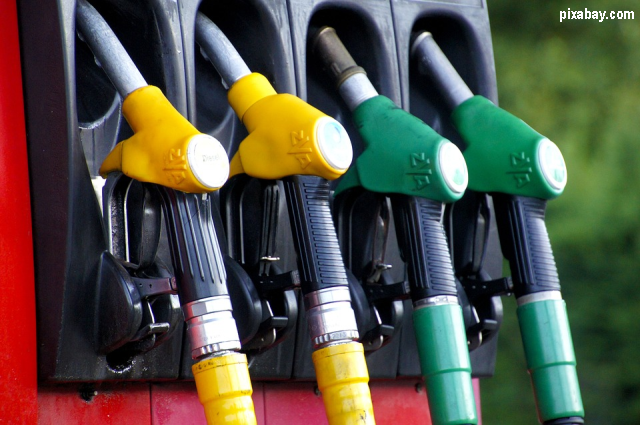Disputes over fuel prices
Romania's ruling coalition members are looking for solutions to lower fuel prices, but they disagree over the best option

Daniela Budu, 22.06.2022, 14:00
Fuel
prices have risen substantially over the past few months across Europe, and the
trend is likely to continue.
Romania
covers 70% of its oil demand from imports, and supplies are received
exclusively via the Black Sea, with transport and insurance costs skyrocketing
because of the war in Ukraine.
The parties
in the ruling coalition are looking for solutions to cut fuel prices, but they disagree
on what the best option would be. Although they agree that price rises have
reached a critical point, the Liberals and the Social Democrats have different
views on how to reduce prices, and pass the responsibility between the Liberal
energy minister and the Social-Democrat finance minister, with the Social
Democrats favouring a price ceiling and the Liberals-a new fiscal intervention.
USR
party in opposition Tuesday tabled a simple motion against the energy minister Virgil
Popescu, whom they accuse on incompetence. On top of this, carriers demand a
solution as soon as possible.
The Smart
Energy Association, on the other hand, believes a solution would be to reduce
excises and VAT. According to a report made public by the association, the
government is the main beneficiary of the rise in fuel prices, having gained an
additional EUR 600 million this year compared to the corresponding period of
2021. The organization also argues that a ceiling on retail prices would be
more harmful to the economy.
Meanwhile,
energy experts claim petrol and diesel prices will continue to go up as long as
the demand remains high, and a governmental intervention might have undesired
effects. Another reason for the price increase is the depreciation of the
Romanian currency. Gabriel Avăcăriţei, editor-in-chief of Energynomics, shared
his views on the topic to Radio Romania:
Gabriel
Avăcăriţei: The upward trend is most likely to keep as long as the demand
remains high. As long as we continue to see lots of vehicles in the street,
this means people can afford this high fuel price. And there is something else I
would like to add. Over the past 10 years, Romanians’ average incomes have
grown by 100%, to roughly EUR 1,000. So when average revenues go up more than
fuel prices do, then people’s spending power is higher.
Gabriel
Avăcăriței also argues that, although various measures have been taken in
several European countries, their impact on consumer prices has not been
substantial.
Nonetheless,
tentative protests are beginning to be reported in the country with respect to the
recent price rises. (AMP)






























